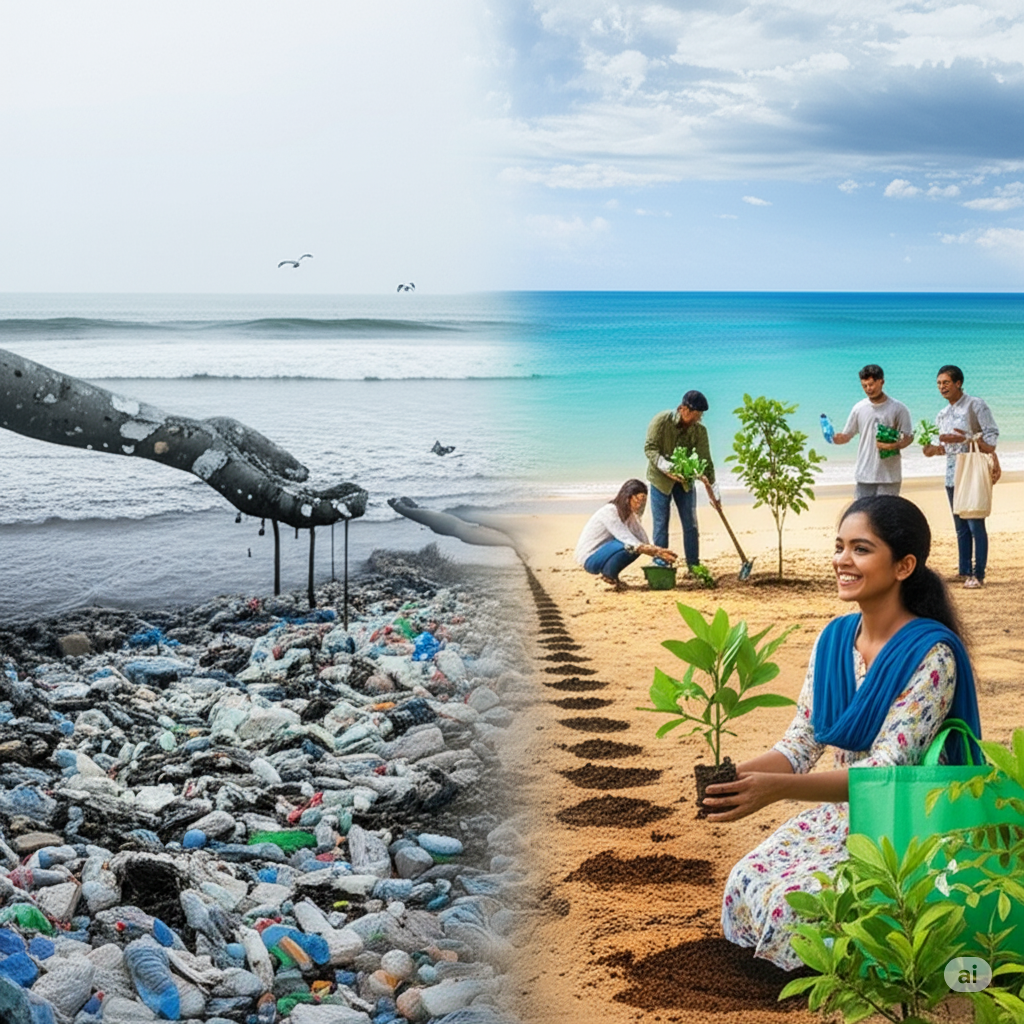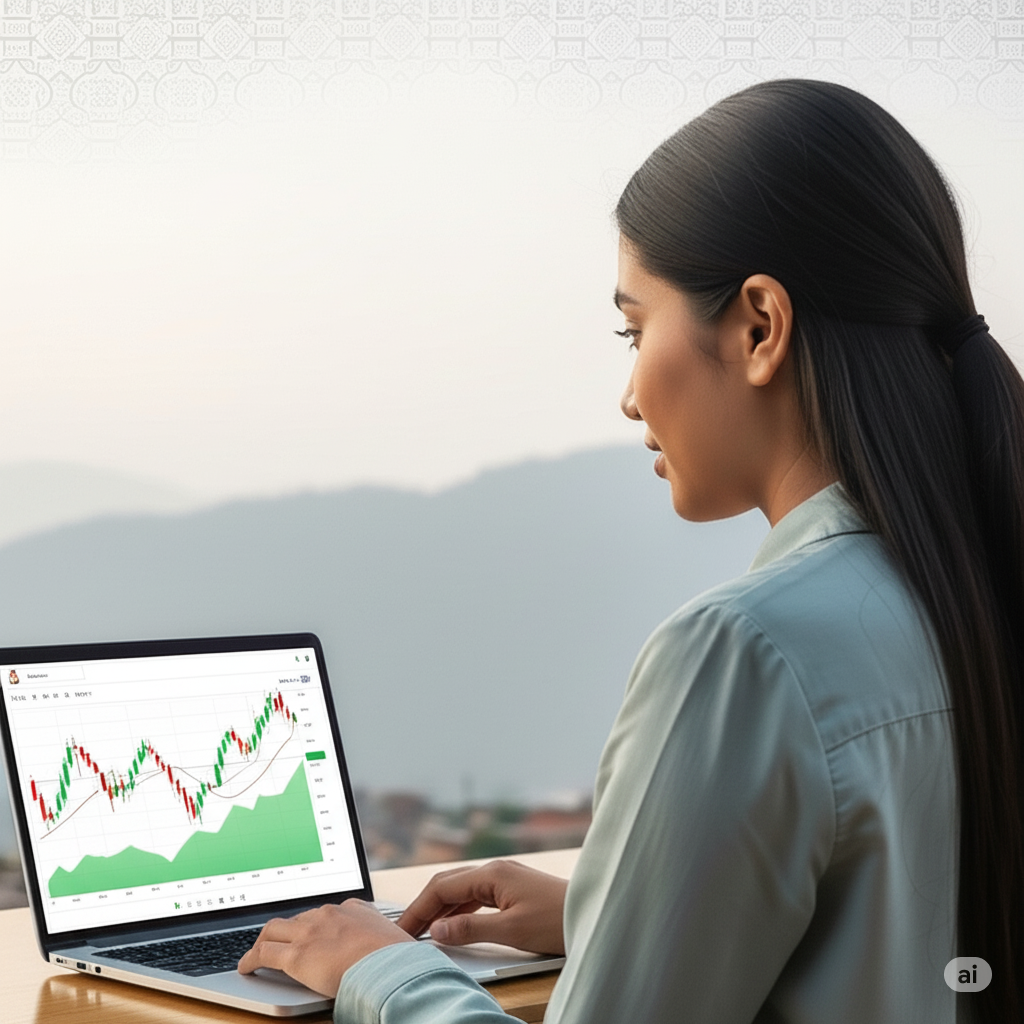Celebrate Life: Why World Environment Day 2025 Demands Urgent Action to #BeatPlasticPollution
Every year on June 5th, the world unites for World Environment Day, a global platform dedicated to raising awareness and inspiring action for our planet. In 2025, the focus is critical, urgent, and deeply personal: #BeatPlasticPollution. Hosted by the Republic of Korea, this year's theme spotlights one of the most pervasive environmental crises of our time, urging us all to confront the plastic deluge that impacts our oceans, land, and even our bodies.
But why is World Environment Day so important, and what does "ending plastic pollution" truly mean for us in 2025? Let's dive in.
The Global Call: What is World Environment Day?
Established by the United Nations in 1972, World Environment Day has grown into the largest international day for environmental outreach. It serves as a rallying cry, bringing together millions of people, governments, businesses, and communities from over 143 countries. Each year's theme addresses a pressing environmental challenge, from climate change and biodiversity loss to pollution and waste, fostering global unity and shared responsibility.
The day reminds us that we have "Only One Earth" – a theme first introduced in 1973 – and that its health directly impacts our own. It’s a day for reflection, education, and, most importantly, action.
2025's Urgent Message: #BeatPlasticPollution
The choice of "Beat Plastic Pollution" for World Environment Day 2025 is no coincidence. Plastic production has exploded, now exceeding 400 million tons annually, with half designed for single use. Less than 10% is recycled. The grim reality? An estimated 11 million tons of plastic waste pollute our lakes, rivers, and oceans every year. Microplastics, tiny plastic particles, have infiltrated our food, water, air, and even our bodies.
The Republic of Korea, as the host country, is leading by example with a comprehensive "full life-cycle plastic strategy" that aims to curb waste from production to disposal, expand recycling, and accelerate the transition to a circular economy. Jeju Province, the host venue, even aims to be plastic pollution-free by 2040. Their efforts highlight that solutions are available, but they require concerted global and individual action.
Why Plastic Pollution is Your Problem (And Why It's Fixable)
Plastic pollution isn't just an aesthetic problem; it's a critical component of the triple planetary crisis: climate change, nature and biodiversity loss, and pollution and waste. The environmental and social costs are staggering, impacting ecosystems from mountain tops to the ocean floor.
The good news? Plastic pollution is one of the most solvable environmental challenges we face. We have the science, the solutions, and the collective power to make a difference. World Environment Day 2025 serves as a powerful reminder to:
- Refuse: Say no to single-use plastics whenever possible.
- Reduce: Minimize your overall consumption, especially of plastic-packaged goods.
- Reuse: Opt for reusable alternatives like water bottles, coffee cups, and shopping bags.
- Recycle: Properly sort and dispose of plastics where recycling facilities exist.
- Rethink: Challenge your habits and advocate for systemic change in how plastics are produced, used, and managed.
What Can You Do? Practical Steps for a Greener 2025
World Environment Day isn't just a date on the calendar; it's an invitation to act. Here are practical ways you can contribute to beating plastic pollution and promoting environmental health in 2025 and beyond:
- Reduce Your Plastic Footprint: Carry reusable water bottles, coffee cups, and shopping bags. Opt for products with minimal or no plastic packaging.
- Participate in Community Cleanups: Join local initiatives to clear litter from parks, rivers, and streets. Every piece of plastic removed helps.
- Support Sustainable Businesses: Choose brands and companies that prioritize eco-friendly practices, use recycled materials, or offer refill options.
- Educate Yourself and Others: Learn more about environmental issues and share your knowledge. Organize discussions, workshops, or use social media to spread awareness.
- Plant Trees: Participate in tree-planting campaigns to help combat deforestation and improve air quality.
- Conserve Resources at Home: Reduce energy consumption, conserve water, and explore renewable energy options.
- Advocate for Change: Support policies that promote sustainable practices, robust recycling infrastructure, and a circular economy. Sign petitions, contact local representatives, or join environmental organizations.
World Environment Day 2025 is a global call to action to #BeatPlasticPollution. By making conscious choices in our daily lives and advocating for systemic change, we can collectively work towards a cleaner, healthier, and more sustainable future for ourselves and for generations to come. Join the movement – because every action counts!
Please login to leave a comment.


 Rakesh Rajbhat
Rakesh Rajbhat




